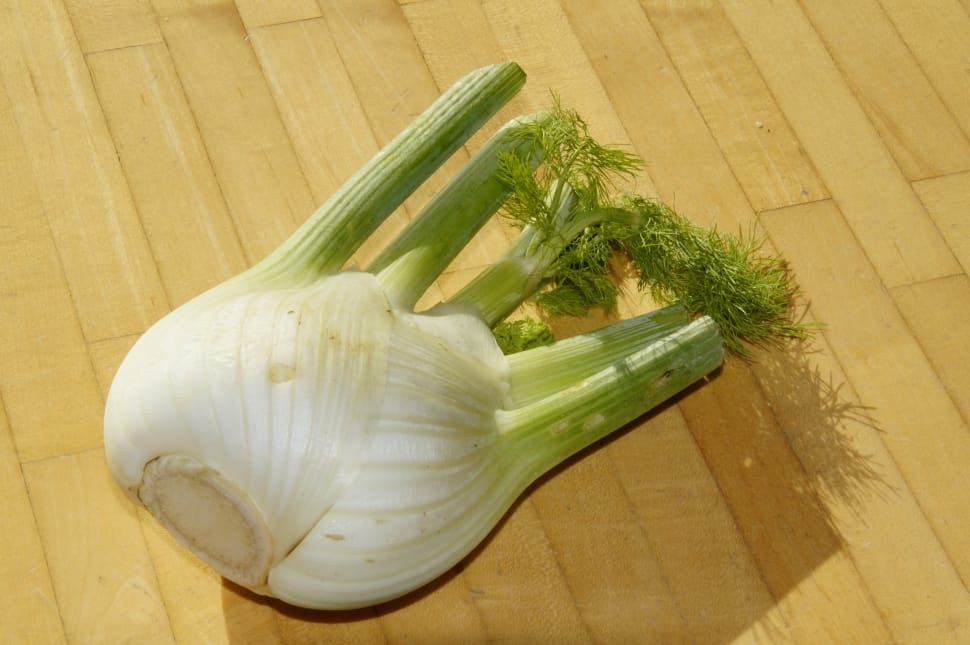III: Laurel
Empires and crowns; laurels and stephanos.

Good morning. Today is tridi, the 13th of Pluviôse, Year CCXXXI. We celebrate le laurier – finally the actual laurel plant – which makes fragrant leaves.
Some women just want to be left alone. Apollo – the Greek god of the sun and the arts, among other things – couldn't understand this. He had become smitten with a dryad named Daphne, but she wasn't smitten back. She fled, and he pursued her relentlessly until she asked the river god Achelus for help. He disguised her as a bay laurel tree, but her enticing scent still poured through her evergreen leaves, and Apollo found the tree and made it his permanent symbol, fashioning himself a crown of its branches.
This is the origin story of the laurel wreath, which is now a shorthand for athletic prowess, artistic achievement (laureates), immortality, and power. When the Greeks wanted to name someone the G.O.A.T. of something, they'd give them a laurel wreath, and the Romans – ever so enthusiastic misunderstanders and borrowers of Greek culture – decided to do the same for the military champions. That's how Caesar got one during a triumph (pre-emperor-ship) and kept it as a symbol of his greatness.
Caesar's habit of wearing his laurels to show he was a rightful ruler became the origin of the crown itself, which is known as a stephanos in Greek, the origin of the names Stephan and Stephanie. Crowns, obviously, took off throughout Europe. When Napoleon, who was trying to re-legitimize crowns in a land that had just chopped them off, wanted to show his own right to rule, he eschewed the pointy, bejeweled, metallic circlet and went straight to a gold-dipped laurel wreath.
Then, while wearing this stephanos, he asked a Stéphanie to legitimize his rule in Western Germany. But some women just want to be left alone.



